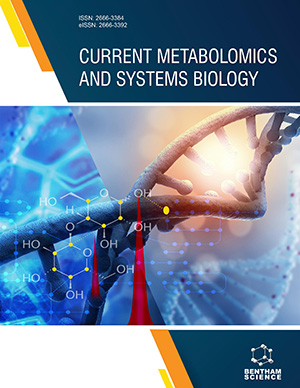Abstract
The treatment of tuberculosis requires the use of multiple drugs for prolonged periods, and most patients will, at some time, experience some difficulty tolerating them. In general, it is considered that there is an underestimation of the frequency of adverse effects during the treatment of tuberculosis. Although treatment of drug-sensitive disease with first-line drugs is usually well-tolerated, treatment of multidrug-resistant disease (MDR-TB) requires the use of drugs known as “secondline” drugs, which are associated with a higher frequency and severity of adverse reactions to antituberculosis drugs.
Since it is impossible to predict the response of a given patient, the use of a drug should not be avoided in advance, for fear of an adverse reaction. There are factors that influence the development of adverse reactions, including errors in the dosage of medications, genetic factors, the age of the subject (more frequent in patients older than 60 years), consumption of alcohol and illicit substances, renal failure or hepatic disease, and co-infection with HIV.
Everything possible must be done to facilitate tolerance to medicines; patients must be assured that, while side effects are inevitable, they will be treated as vigorously as possible.
This chapter discusses the adverse effects of antituberculosis drugs on different body systems and organs.
Keywords: Adverse effects, Antituberculosis, Dosage, Drugs, Hepatotoxicity, Nephrotoxicity, Neurotoxicity, Stevens-Johnson.Adverse effects, Antituberculosis, Dosage, Drugs, Hepatotoxicity, Nephrotoxicity, Neurotoxicity, Stevens-Johnson.






















